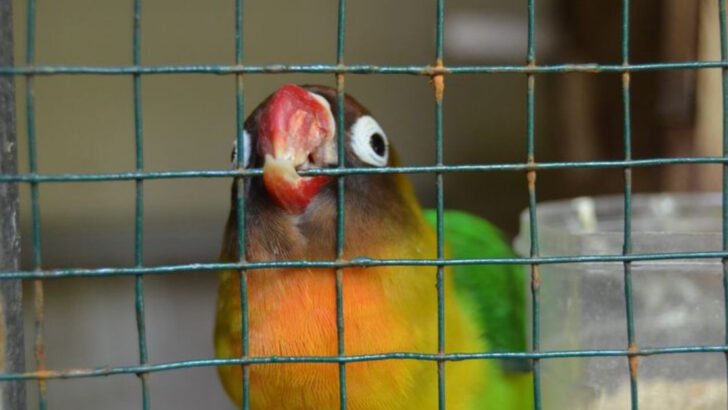They don’t shut up. Ever.
One minute, they’re mimicking your laughter.
The next, they’re screaming like a toddler possessed because you moved their perch two inches.
Owning a talking bird is like living with a feathered stand-up comedian who also happens to be a diva.
They’re loud, opinionated, and sometimes just plain weird.
But—just when you’re questioning every life choice that led to this chaos—they tilt their head, say your name in that sweet little voice, and suddenly your heart’s a puddle.
These birds are brilliant.
They bond hard.
And they’ll never let you feel lonely again (whether you like it or not).
So, why do some people swear they’ll never get one again, while others would fight off a dragon to protect theirs?
Let’s break down the madness and the magic of sharing your life with a talking bird.
Noise Levels: Regret
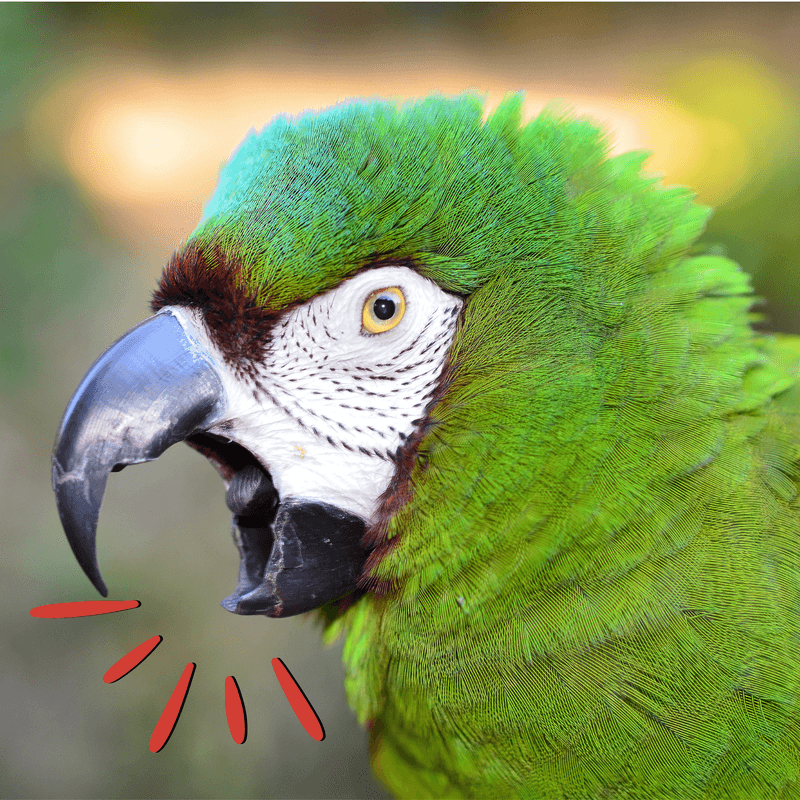
Nothing quite prepares you for the volume of a talking bird. Their squawks and mimicry can become overwhelming, especially in a quiet household. Imagine watching your favorite show, only to have your bird interrupt with unexpected chatter. Birds love to express themselves, often at the most inopportune times.
This constant noise can be stressful, particularly for those unaccustomed to such vocal expressions. Some owners find it difficult to enjoy peace, leading to regret. Birds, like toddlers, have no volume control, and their screeches can be ear-piercing.
Companionship: Adoration
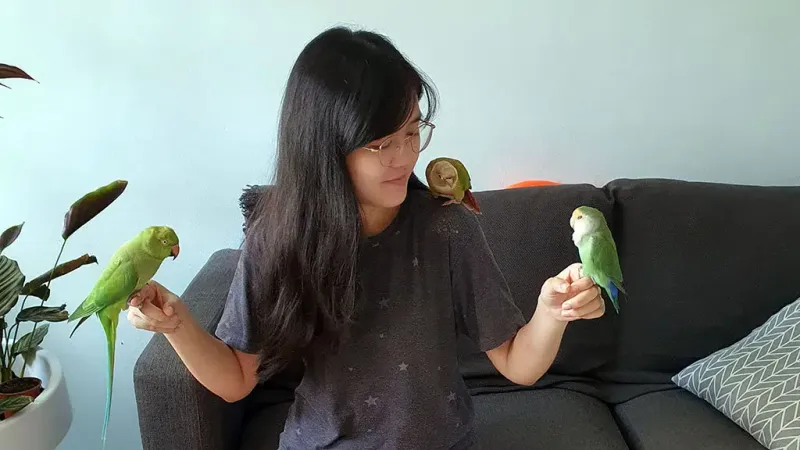
A talking bird offers a unique form of companionship that is both interactive and engaging. They greet you in the morning, chat during the day, and sometimes even share a laugh.
Their ability to mimic speech creates a bond that feels personal and exclusive. Many owners find solace in their bird’s company, especially those living alone. The joy of having a living creature respond with words can fill a home with warmth.
This companionship often outweighs any other challenges, making the bird an irreplaceable friend.
Mess and Maintenance: Regret
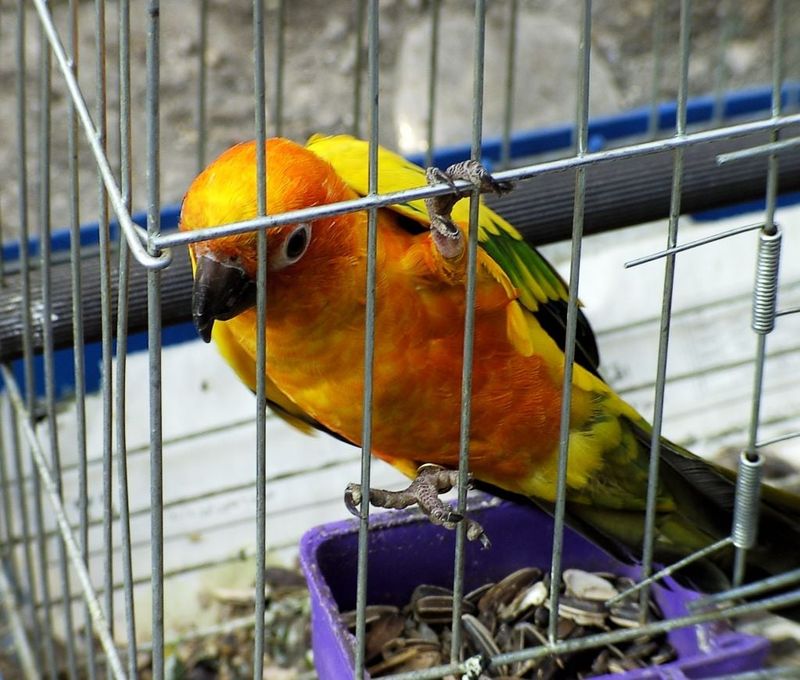
Owning a talking bird means signing up for constant clean-up. Feathers, seeds, and droppings become a part of daily life. Birds are not the tidiest of pets, and their cages require regular attention.
The mess extends beyond the cage, with bits of food and toys scattered around the house. Over time, this can become a tedious task, leading to feelings of regret.
For those who dislike frequent cleaning, the constant upkeep can overshadow the joys of bird ownership, making their vibrant colors and songs feel less enchanting.
Entertainment and Laughter: Adoration
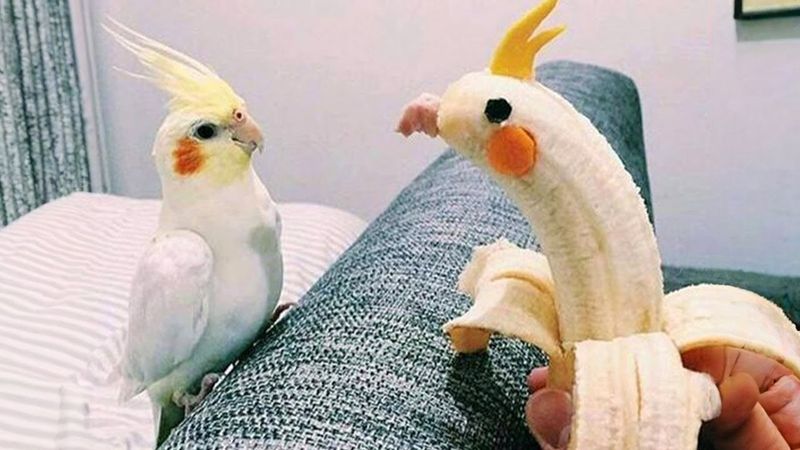
Talking birds are natural entertainers, bringing laughter and joy to their homes. Their ability to mimic sounds and phrases can brighten even the gloomiest days.
Imagine a parrot that laughs along with you, or one that sings your favorite song. These moments create unforgettable memories and bring families closer together.
Many bird owners thrive on this joyful interaction, finding it one of the most rewarding aspects of their relationship. The laughter a bird brings can be a powerful antidote to stress and loneliness.
Long Lifespan: Regret
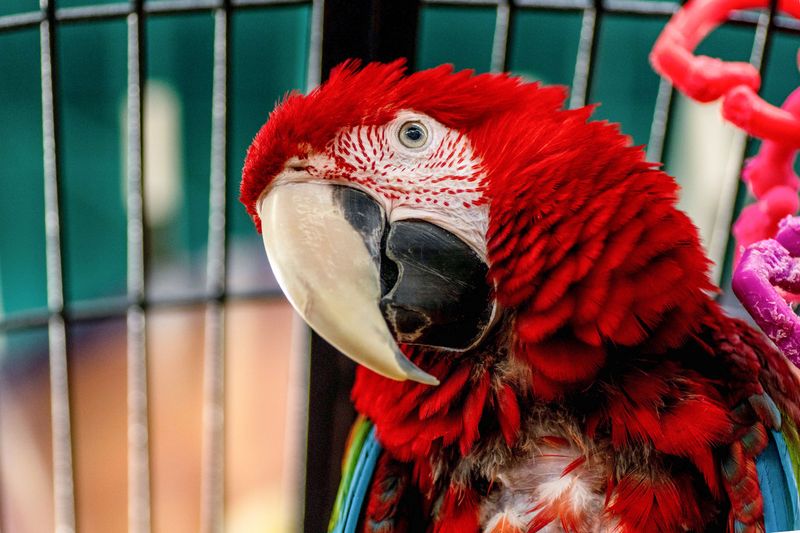
Birds can live for decades, outliving other pets and sometimes their owners. This longevity requires a long-term commitment that not everyone is prepared for.
The idea of caring for a bird for 20, 30, or even 50 years can be daunting. Life circumstances change, and what seems manageable today might not be tomorrow.
This realization can lead to regret, especially if the owner is unable to meet the bird’s needs in the future. Planning for a bird’s entire lifespan is crucial, but not always feasible.
Learning and Growth: Adoration
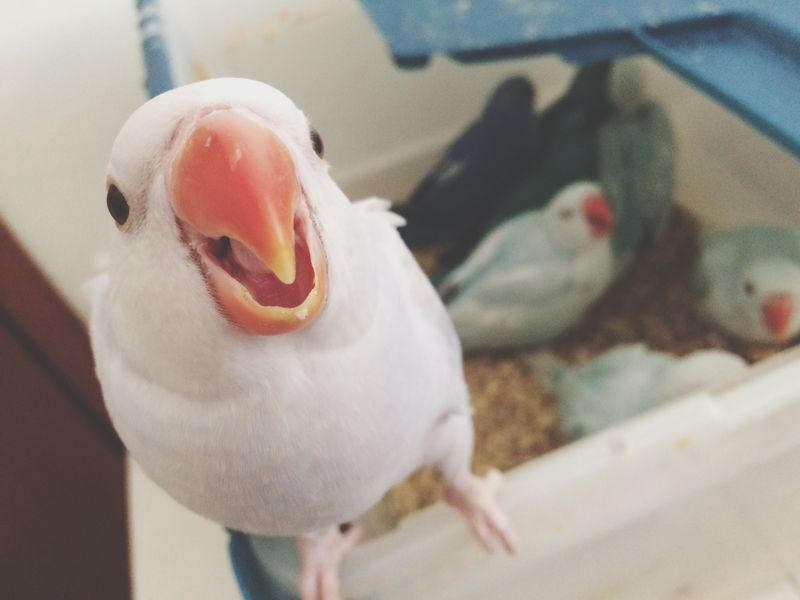
Owning a talking bird offers endless opportunities for learning and growth. Watching a bird learn new words and tricks is fascinating and rewarding.
This process strengthens the bond between bird and owner, as they embark on a journey of discovery together. For families, it’s an educational experience that teaches responsibility and patience.
This shared journey of learning can be immensely satisfying, fostering a sense of accomplishment and connection. The joy of watching a bird’s vocabulary grow is a cherished experience for many.
Space and Freedom: Regret
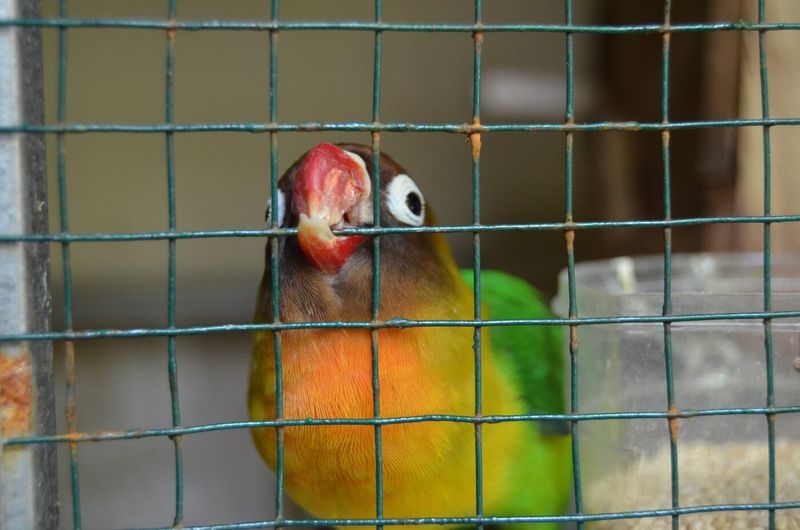
Birds require ample space to move and fly, which can be challenging in smaller homes. Confining them to small cages can lead to frustration and regret.
A bird’s need for freedom must be balanced with their safety, and finding that balance can be tricky. Owners may feel guilty for not providing enough room to roam.
This spatial limitation can become a source of stress, as birds are naturally active creatures. Ensuring they have enough space to thrive is essential but not always possible.
Unique Personalities: Adoration
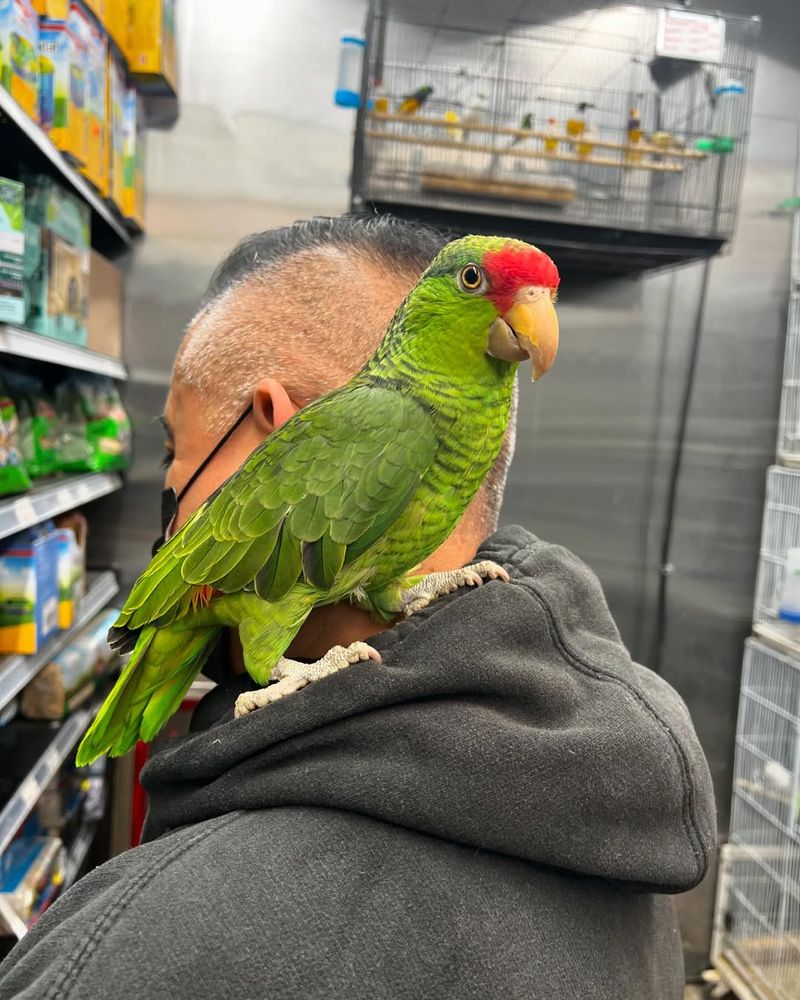
Every talking bird boasts its own distinct personality, adding charm and character to any home. From quirky habits to favorite phrases, each bird is a unique individual.
Building a relationship with such a distinctive creature is a joyous experience. Owners delight in discovering their bird’s preferences and moods, making daily interactions exciting.
This individuality makes talking birds more than just pets; they become beloved family members with their own quirks and charms. Many wouldn’t trade this unique bond for anything.
Health and Vet Bills: Regret
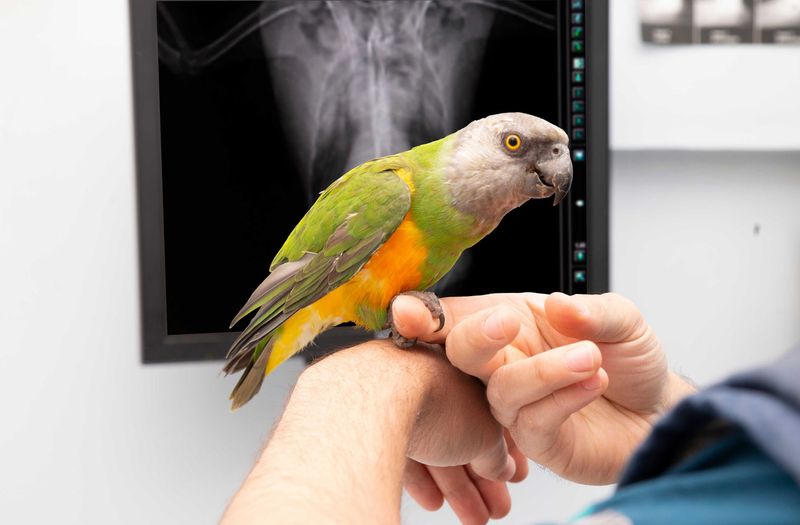
Talking birds, like any pet, can encounter health issues requiring veterinary care. The costs of these visits can quickly add up, leading to financial strain.
Regular check-ups, unexpected illnesses, and specialized care can be costly. Owners may feel overwhelmed by the financial commitment required to keep their bird healthy.
These expenses can lead to regret, especially when weighed against other financial responsibilities. It’s essential to budget for a bird’s healthcare needs, but it can be challenging for some.
Teaching Tricks: Adoration
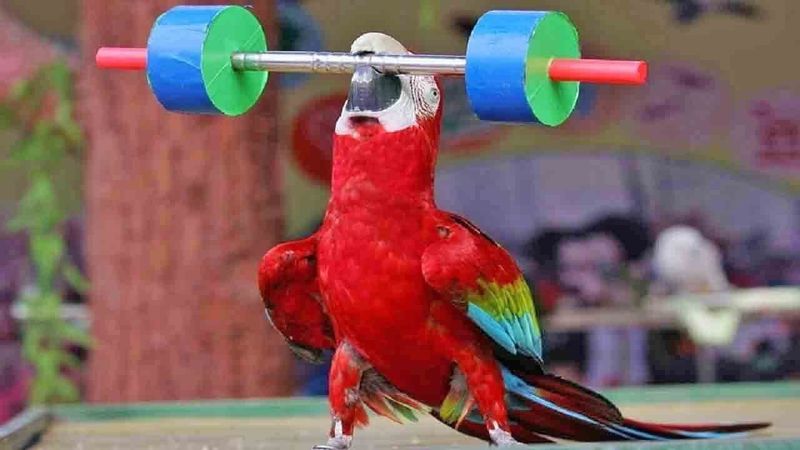
Training a talking bird to perform tricks is a delightful and engaging activity. The process of teaching a bird to play dead, shake hands, or sing a tune is fun for both parties.
These tricks become a source of pride and entertainment, impressing guests and providing endless amusement. Owners often find joy in showcasing their bird’s talents.
This playful interaction strengthens the bond between bird and human, creating a sense of shared achievement. The joy derived from teaching and learning with a feathered friend is immeasurable.
Travel Restrictions: Regret
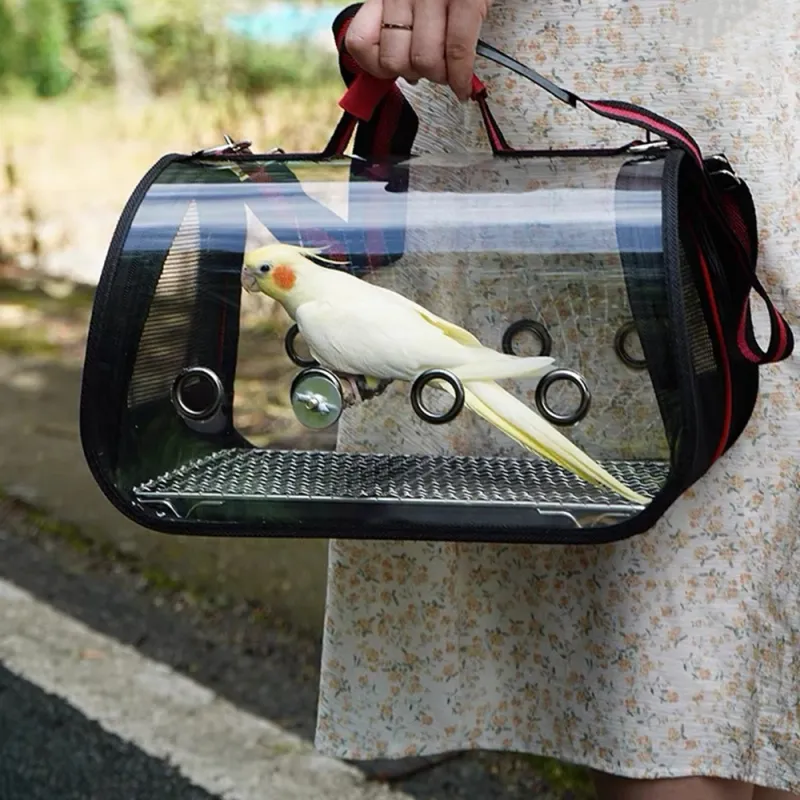
Traveling with a talking bird can be quite restrictive, as not all destinations welcome them. The logistics of transporting a bird are often complex and require careful planning.
Finding bird-friendly accommodations and adhering to quarantine regulations can become a headache. For globetrotters, this can put a damper on their wanderlust.
The complications of traveling with a bird may lead to regret, as spontaneity becomes a luxury. Planning around a bird’s needs can be cumbersome, limiting freedom and flexibility.
Cultural Connection: Adoration
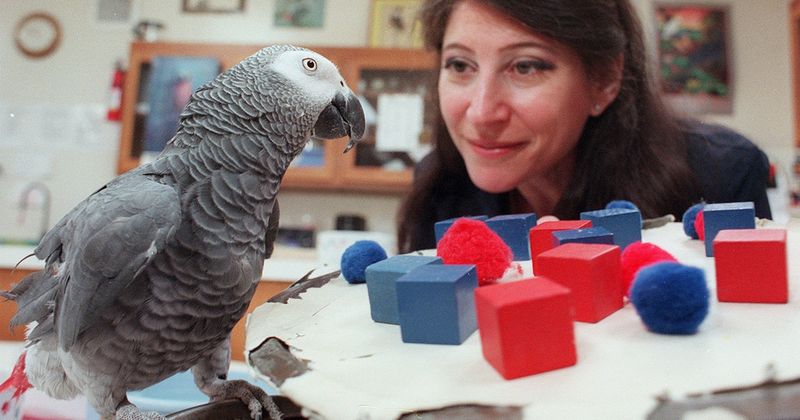
Talking birds can bridge cultural gaps by learning and repeating phrases from different languages. This ability fosters a sense of connection and inclusion within diverse households.
Owners cherish hearing their bird speak in various tongues, reflecting their family’s heritage and identity. This cultural engagement enriches the home environment, creating a tapestry of sounds.
Such interactions enhance the bird’s role as a member of the family, celebrated for its ability to connect people across cultures. The joy of hearing a bird embrace cultural expressions is unforgettable.
Dietary Needs: Regret
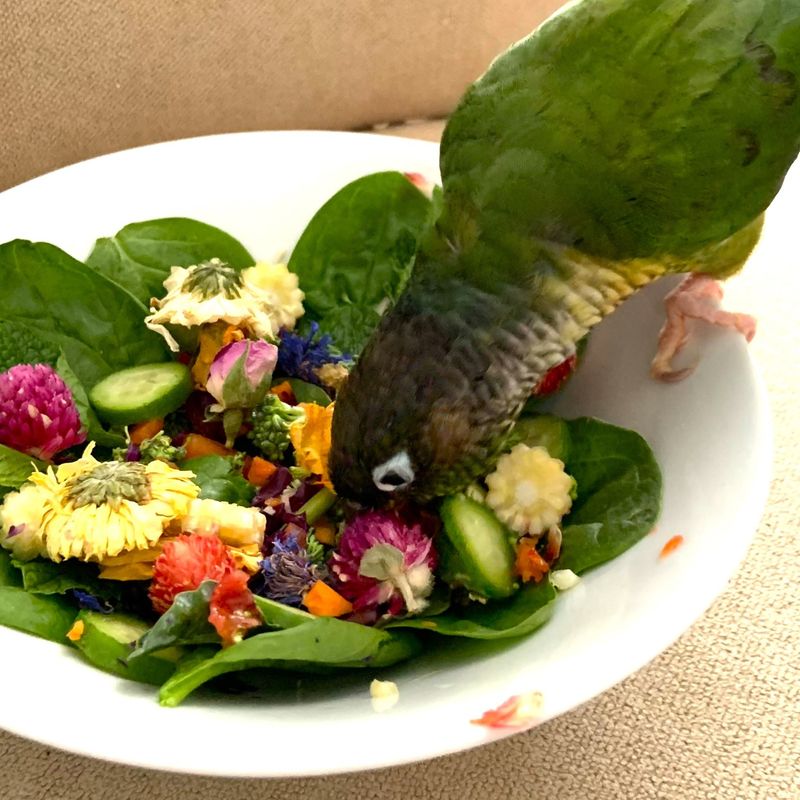
Meeting the dietary needs of a talking bird can be demanding, requiring a balanced and varied diet. Fresh fruits, vegetables, seeds, and special pellets are essential.
Preparing these meals can be time-consuming and sometimes expensive. Owners must ensure that their bird’s nutritional requirements are consistently met.
The responsibility of maintaining a proper diet can become overwhelming, leading to regret. For those unprepared for this commitment, the task of meal preparation can overshadow the joy of ownership.
Community and Connection: Adoration
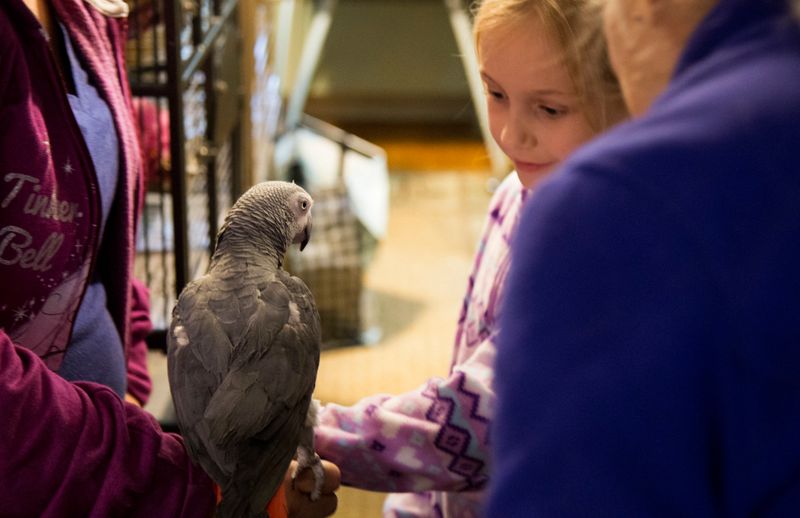
Bird ownership often leads to joining a vibrant community of fellow enthusiasts. Sharing stories, tips, and experiences creates strong bonds among bird lovers.
These connections provide support, advice, and friendship, enriching the experience of owning a talking bird. Participating in bird clubs and events offers opportunities for socialization and fun.
This sense of community enhances the joy of bird ownership, as owners find camaraderie and understanding. The friendships formed through shared bird experiences are treasured and lasting.

